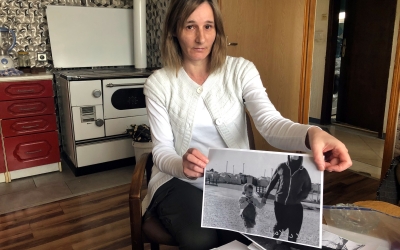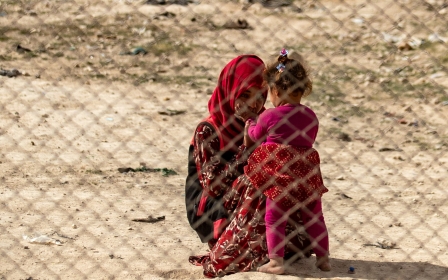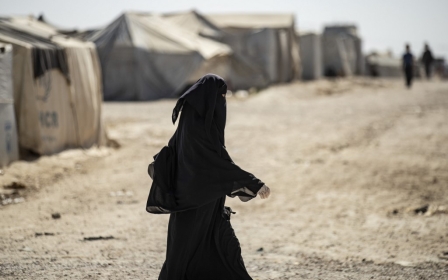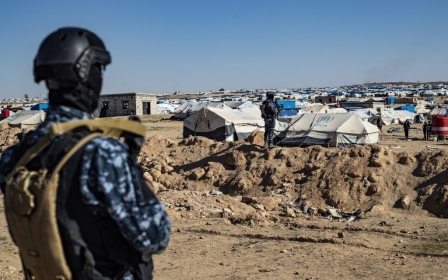Islamic State: Sweden arrests women suspected of war crimes in Syria
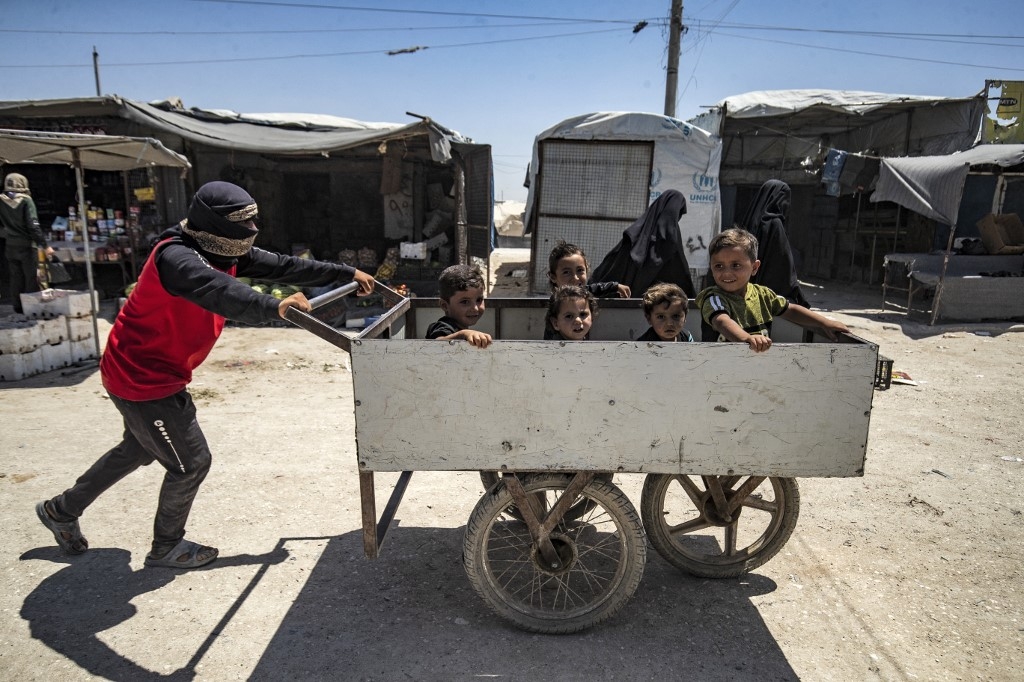
Sweden arrested two women suspected of perpetrating war crimes in Syria after they were expelled from a camp holding people thought to be affiliated with the Islamic State (IS) group.
A statement from the Swedish prosecutor's office confirmed the arrival of three women from territories formerly controlled by IS on Monday at Stockholm airport.
Two of the women were arrested, and a third one, who is not considered a suspect, was released after questioning.
The women are believed to have been expelled from the al-Roj camp in northern Syria.
Swedish prosecutors Hanna Lemoine and Karolina Wieslander told Swedish news agency TT that the two women would be questioned further before being formally charged.
New MEE newsletter: Jerusalem Dispatch
Sign up to get the latest insights and analysis on Israel-Palestine, alongside Turkey Unpacked and other MEE newsletters
TT said the Kurdish regional government in northeastern Syria decided in June to deport the women, Swedish citizens who had all allegedly been part of IS.
“We cannot or do not have the resources to bring them to justice,” Shiyar Ali, the Kurdish representative in Nordic countries, told TT. “Just the fact that they have been part of a terrorist organisation is frightening, considering what IS has committed.”
On Monday, Swedish Foreign Minister Ann Linde also told TT that Sweden had not repatriated the women but took them after they were expelled.
“We have not repatriated the women,” Linde told TT.
“It is a different matter when the Kurdish self-government decides to expel the women. Then we have a responsibility, just like everyone else, to receive our citizens.”
Beatrice Eriksson, a spokesperson for Repatriate the Children Sweden, welcomed Sweden's decision to take in the women, but questioned the political calculations that delayed the move.
"Clearly, the issue has been politicised in the countries that have their citizens detained," Eriksson told Middle East Eye.
"But to safeguard the fundamental rights of children, it needs to be contested that politicians are choosing and managing to prioritise strategic calculation over legal frameworks."
Repatriate the Children Sweden released a report last week underlining the urgency of countries repatriating their citizens, with most detainees in the Kurdish-run camps being children.
"Dozens of countries have repatriated or assisted few or many of their citizens with the help of the Kurdish-led administration," said Eriksson. "This shows repatriation is possible, but still, most citizens are in the camps and prisons, which is not sustainable.
"The decision to expel detainees applies to countries who have not taken the initiative to repatriate their citizens from the Kurdish camps," she told MEE.
"Credible sources have told me that the women have received notice that they will come home, but have not confirmed when this will take place."
Middle East Eye delivers independent and unrivalled coverage and analysis of the Middle East, North Africa and beyond. To learn more about republishing this content and the associated fees, please fill out this form. More about MEE can be found here.


